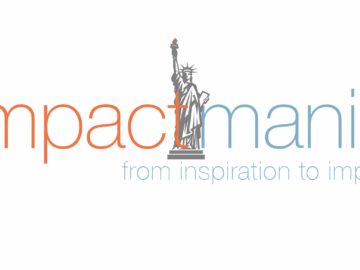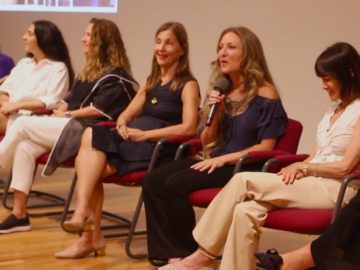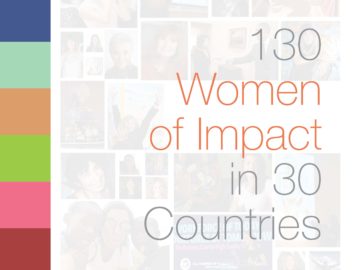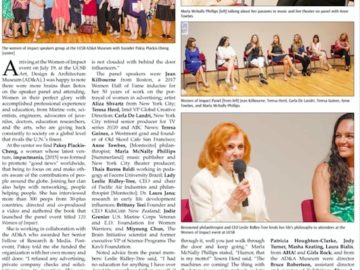NK Chaudhary: From Untouchable to Unstoppable
BY PAKSY PLACKIS-CHENG
NK Chaudhary (NKC) started Jaipur Rugs almost 40 years ago with 9 weavers working on two looms from his home. Today, it is an international company working with 40,000 artisans across 700 villages in India. Jaipur Rugs now includes Jaipur Living and the Jaipur Rugs Foundation. The Foundation constantly cares for the wellbeing of the weavers and their families. Recently an entrepreneurship development program was added for weavers to become managers in the company.
It goes back to the heart of the business, which is to provide the ‘untouchables‘ — low-caste Hindu groups — with an opportunity. In doing so, NK Chaudhary was ostracized by family and friends. He says: “Two rejected people by society, one day became Jaipur Rugs.”
He speaks about the phone call he received from C.K. Prahalad, author of The Fortune at the Bottom of the Pyramid. The book, which Bill Gates called the “blueprint for how to fight poverty with profitability.” NKC also shares how after decades he is finally meeting people who don’t think he is crazy. People such as Paul Polman, CEO of Unilever.
Mr. Chaudhary, no one listened to you 40 years ago when you started the company?
Yes, yes, yes, they thought that I’m a crazy man. They all said, “What does values in a business mean? Business is to make the money!” I was talking about values, working with ‘untouchable’ people, and starting a grassroots movement.
We still have not figured this out. Some companies still don’t get the for-profit and for-purpose business because for most it’s challenging enough to be profitable.
Many feel that a social enterprise doesn’t scale. What insight can you share on how you took nine weavers to 40,000 artisans?
The growth of my business was very organic. It happened in a natural way, because what I did, I enjoyed all the time. My love for what I did and the love for the people made it possible to grow from two looms to 40,000 artisans. Love is the most important thing.
You have mentioned that there’s a place for love and compassion in business. You started this company, but what would be a specific example of where you applied love and compassion in business?
Right after I started this business, my own family, my friends, my neighbors tried to stop me, “We will not let you work with the untouchable people.” At the time I realized, “How can you differentiate a person by their caste? How can a person born in an untouchable class be a lower class person?”
I started to understand the hypocrisy of people. People are something at their home, they are something else in their office, something else in the temple, something else when they are alone. How can we divide a person?
I was getting more and more reasons from family, society, from my pains, to be with the people I was working for — they were also rejected by society. Nobody was taking care of them. Two rejected people by society, one day became Jaipur Rugs.
The last four-five years my business became so famous, I started to think, “What happened?” I had never thought before why I risk at this level. I think my love for people was because I needed love. They gave me love and I could give love back. I think that became the most, most important thing.
What spurred you to work with people in society who were seen as untouchables? You had choices to do many other things. How did you see that these people need an opportunity just like I had an opportunity. Where did that come from?
I pondered about my society and my people. They had no love for me. The people who were rejected by society needed love too. So the more I took care of them [the untouchables] the more they loved me and the more they took care of what I said to them. That is why we have been so successful — producing quality items and on time deliveries. That is why I was so able to serve the customer, compared to my competitors.
It was so organic and so natural because they have the love for me. I have the love for them.
What do you mean when you say an organic growth?
I got more demand for the rugs because of our quality — I try to find more and more people. Everywhere I went to find more people to work with, people liked me. One of my English friends, he always tells me: “The people in the villages recognize you because everything is written on your face! They can read your face so they follow you.” [Laughs.]
Organic means, I did not do too much. I did not follow a process. I did not follow a system. [Laughs.] Without following the system and processes, things started happening automatically. The more I would need, the more I got.
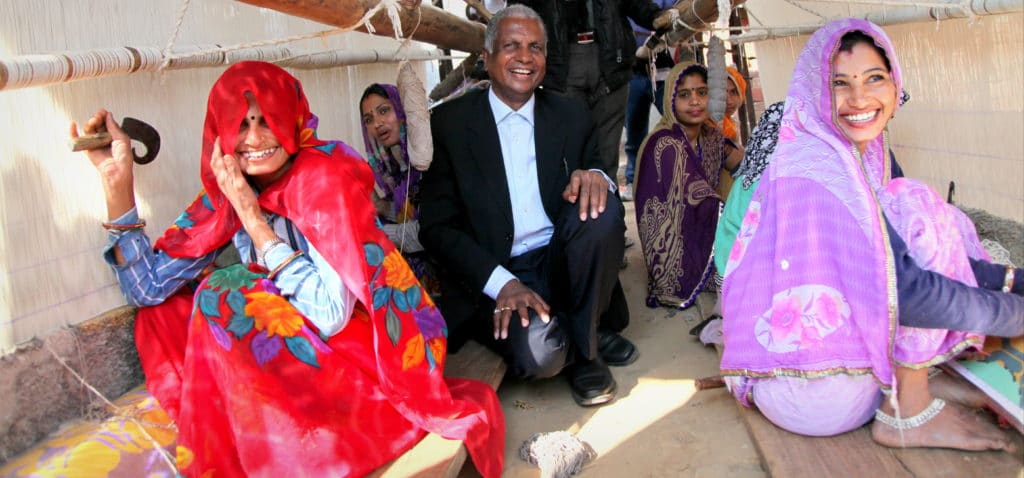
NK Chaudhary with weavers
What’s a surprising thing you’ve learned?
A surprising thing happened in 2008. Professor [Corporate Strategy at University of Michigan] C.K. Prahalad called me. He was named as one of the 50 top management gurus.
I was sitting in my office when I got the phone call, “I’m C.K. Prahalad, do you know me?” I told him, “Sir, everybody knows you. You’re like a god!” [Laughs.]
I was thinking, “Why is he calling me? I said, “Maybe you have the wrong number.” If I would ask him about an appointment, I don’t think that he would give me appointment in the next five years. But here he is calling me. [Laughs.]
He told me, “Mr. Chaudhary, I want to do a case study on your business model.” That was the first time in my life that I heard about a case study! [Laughs.] Then I told him, “C.K., if I may, we are very simple people and what we do is very simple. If you ask my neighbor about me, he would not even know me. Do you think if you write something about my business, people would be interested to read about it?”
He told me, “Your global supply chain is connecting the poorest of the poor with the richest of the rich.” I was so amazed, I never thought like that. I said, “Yes, let’s have a case study. Then I can also read and see what we are doing!” [Laughs.]
[Laughs.] You had to read your own case study to find out why you are a model for others?
It is important that I’m connecting the poorest of the poor with the richest of the rich, I never thought like that. That was a quite surprising thing. After that, I got confident. Up to then, people were thinking that I was talking nonsense. That I am senseless and not a businessman because I never talk about the business — I only talk about the purpose.
That gave me confidence that God has given me some capabilities to do the right things. Then I started thinking in a different way. I started learning in a different way.
Jaipur Rugs is a family business. How do you ensure that maybe not next generation but a few generations from today, the family still has purpose at its center?
Two year ago, Bain & Company [Global Management Consulting Firm] realized that Jaipur Rugs, as a purpose-driven business model, is an authentic story. They said that most of the big brands have no real authentic story. They started helping us to create an authentic luxury brand in the market.
They were also developing a new management term called Founder’s Mentality. They helped define my core and goals. We are working very hard that these are communicated to every level in the company. All this was written down in a core statement. The core statement is like a guiding paper, not only for the family, it is also for the staff, leaders, and artisans also. My daughter, Asha [Asha Chaudhary, CEO, Jaipur Living Inc.] is in London and meeting with James Allen who’s the co-founder of the Founder’s Mentality. They are helping us define the non-negotiables.
So the future generations are not going to negotiate the values, they have to live it if they want to stay in the business. We are in a process of defining that. How to make the hard decisions? And come back on the core? And close down businesses not connected with the core.
Name some of the values for me.
I’ll share the core statement, our purpose: We are working with underprivileged people. The core is to use the untapped potential to make use of the creativity and to make them more financially stronger by developing their capabilities and leadership.
The business should be connected with the welfare and development of the artisans. Anything that is not connected with the artisans’ lives — we are not going to do in the business.
What would be a specific example of that?
We started with a new initiative; the weavers make their own designs. Last year, a rug designed and woven by three artisans won the German Design Award.
Mahika Metha [NK Chaudhary’s daughter-in-law]: The rug is called ‘Anthar’ which means ‘differences’ in English. These three weavers were sitting on a loom and weaving together. They were having arguments and conflicts when they started, and you see that in the design, there is disconnect. As they progressed towards completing the design, there was harmony.
[Laughter.]
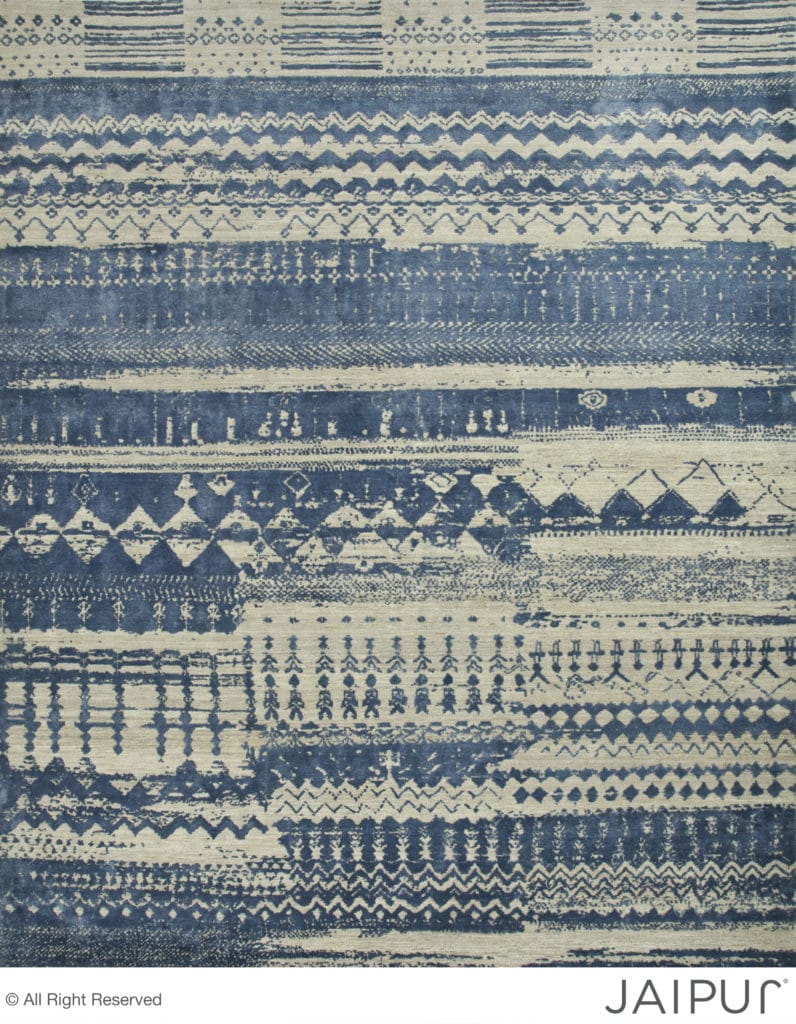
The German Design Award-winning carpet: “Anthar” – Differences. The rug shows initial disagreement between the three weavers. A resolution on top of the carpet as the weavers overcome their differences.
Mahika Metha:
This year, the German Design Award nominated another one of our rugs, designed, and woven by one of weavers. We have also been nominated at Domotex, a big fair in Germany.
Who has left an imprint on your DNA, how you operate as a humanist?
NKC:
Only in the last years, I have been meeting many people who are inspiring me and thinking in the same way. Before that I never met anybody who would listen.
I come from a very, very traditional family. My whole life I was surrounded by similar people. I didn’t have any other exposure. I only started traveling to the U.S. and other countries the last seven years.
What happened! What made you have such different views?
[Laughs.] I think that my whole life is a story of very high struggle. No one liked what I was doing. But, I was connected with my own being. I was always listening to my own compass. My compass would tell me go that way and I would go that way. I enjoyed the whole journey. What I did was my enjoyment — I became more and more content.
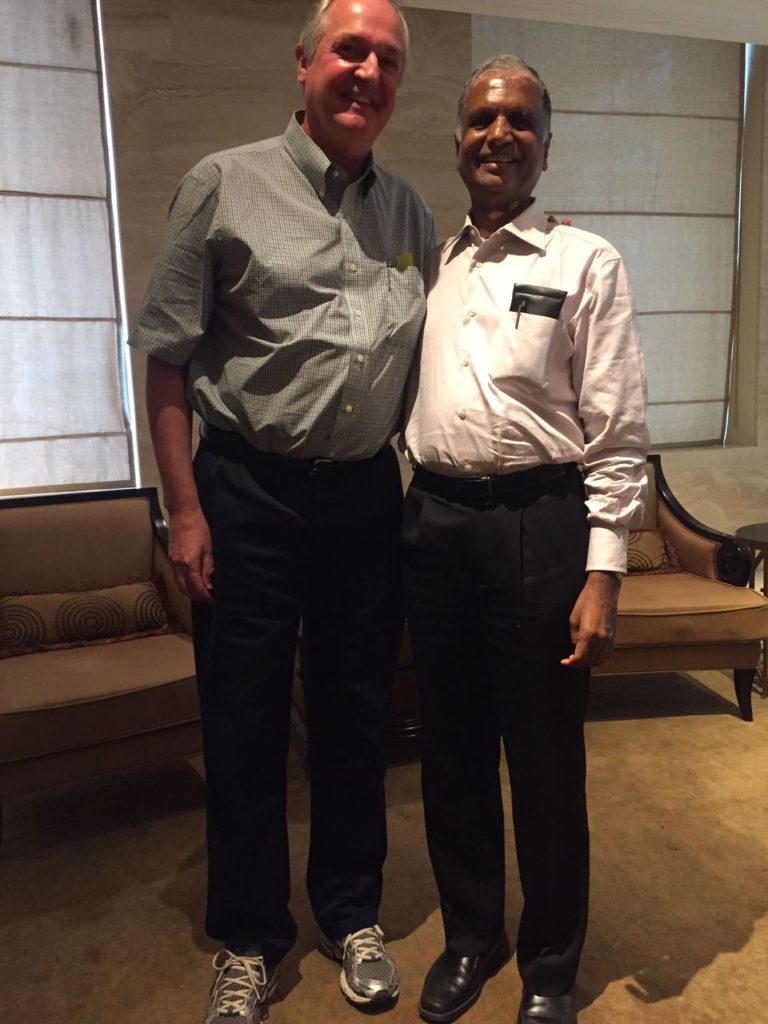
Paul Polman, CEO of Unilever and NK Chaudhary, Founder of Jaipur Rugs.
Only two months before this interview, September in Chile. The CEO of Unilever, Paul Polman, one of the world’s top CEOs, is also the Chairman of the World Business Council for Sustainable Development. They had their conference for three days with hundreds of people from around the world. Polman gave the opening- and closing remarks.
They ask me to meet with him for 1,5 hours. I was thinking, “What am I going to talk with him about? He is going to think I’m talking nonsense.” [Laughs.] He listened to my story very well and asked so many questions, so many questions.
The next day he gave a very good opening remark about my thinking. About the system and companies going through these questions: connecting the poorest of the poor with the richest of the rich.
All these big companies are trying to emulate a fraction of what you have built.
What I have seen is that to these companies and people ‘think sustainability’ only means the environment, but I have not seen any focus on how we may be more humanitarian. How to bring these issues on the same level? How to bring change into the lives of people now?
Bain & Co thinks that the future of the business is business with purpose. They are also suggesting to CEOs that you must start thinking about this now. Otherwise you will be out of business very soon.
What message do you have for people who have their everyday busy lives, working, caring for their families? What is one simple thing that they can do in helping the world become a bit more understanding of each other, more collaborative, and maybe more peaceful.
The biggest change anybody can make is to start to love and respect themselves. When we miss that and forget to love ourselves, then we forget the outside.
My whole life was full with struggle. Sometimes, I was depressed for two days, maybe three days. But I started enjoying my work. Then I started thinking, “Why it is so?” Others would become so frustrated, they maybe would become violent! I have love and respect for myself. So I am able to do special things for my people, because what they experienced, I have experienced it too.
Also read the interview with Jaipur Foundation’s Yash Ranga.

